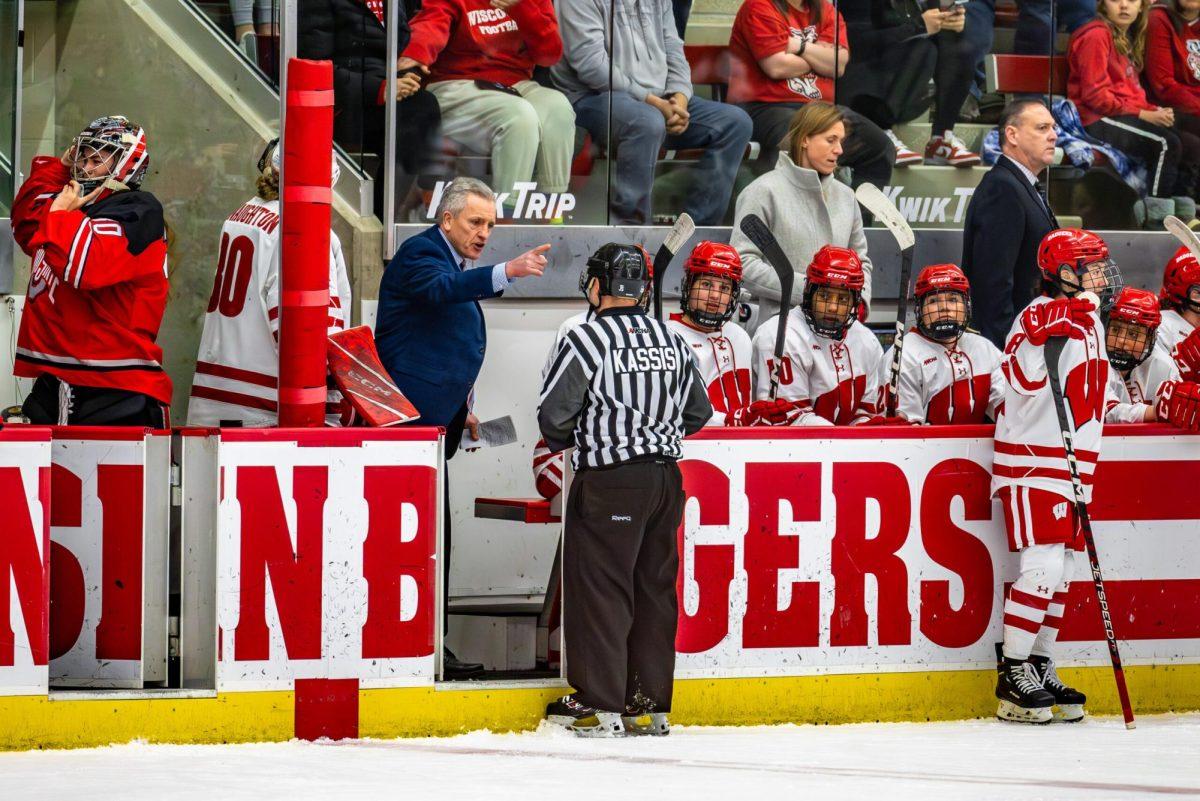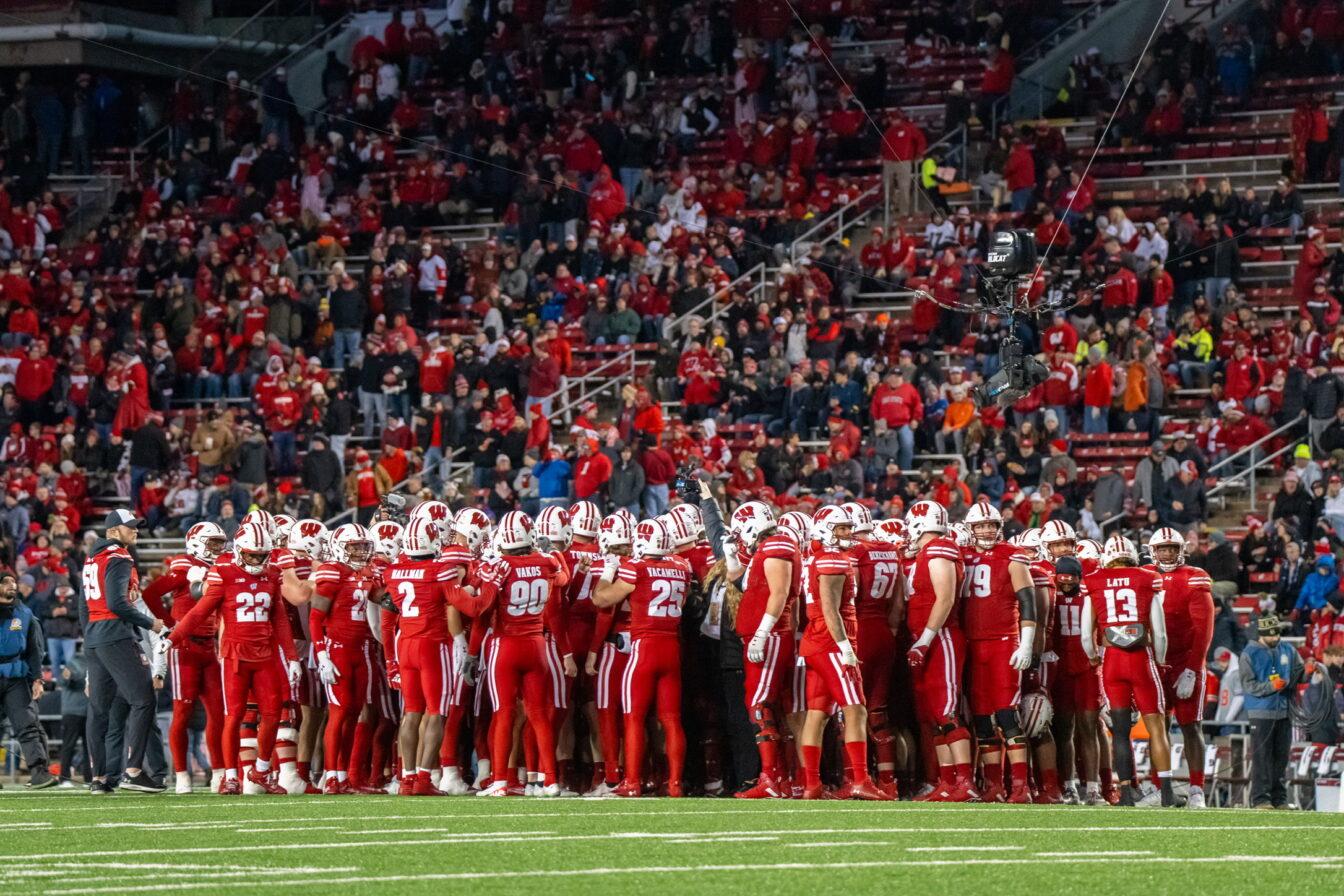When asked about Maurice Clarett’s allegations regarding widespread financial and academic violations in the Ohio State football program, veteran athletic director Andy Geiger was defiant. In lieu of an admission, Geiger issued a challenge.
“In moments of frustration during the investigation, [Clarett] might say, ‘I can blow the whole program up,’ and we’d say, ‘OK, blow it up,'” Geiger said.
Well, Andy, be careful what you wish for. Clarett may not have blown the program apart, but he has certainly lit the fuse. And thanks to a generous contribution from Robert Q. Baker, Clarett’s words are beginning to gain validity.
After receiving an undisclosed amount of money from Mr. Baker, a wealthy OSU athletic booster, Troy Smith’s name has now been added to the growing list of players who have either personally acknowledged their involvement or been exposed as participants in the Ohio State scandal. That list currently includes Clarett, Smith, Marco Cooper, Sammy Maldonado and B.J. Barre, to name a few. Geiger and Co. can question the character of these men all they like, but when six sources (however disreputable) corroborate a story, there is likely some truth in the tale.
As the evidence continues to pile up, Clarett’s allegations become increasingly legitimate. It is simply a matter of time now before the last Big Ten national champion becomes the most recent victim of NCAA restrictions on financial benefits.
While THE Ohio State University currently dominates the headlines, it is naíve to think that the Buckeyes are the only program in which athletes receive money under the table. Ohio State is part of a time-honored tradition of collegiate athletic programs that have and will continue to violate NCAA financial regulations. Every few years, another school is exposed, makes a grand apology, receives its punishment from the NCAA office and goes right back to its old habits.
These programs have knowingly violated NCAA regulations and should be sanctioned accordingly. But aside from breaking the rules, what have they done that is so wrong? Why is providing financial compensation to student athletes considered a crime against college sports?
For some reason, the NCAA has decided that players receiving financial benefits for their participation in sporting events will destroy the college sports system. This is simply not true.
There is no connection between money and performance, desire, competitiveness, respect for the game, or any of the other factors that make college sports what they are. In every documented case of an athlete receiving “improper” benefits from athletic boosters, there is no evidence to suggest that the player lost his love for the game, his pride in representing his school on the field, or his competitive drive.
There is no evidence to suggest that a player’s performance, preparation or approach is influenced in any way by receiving financial benefits. Furthermore, there is no evidence to suggest that allowing universities to provide financial compensation for student athletes would in any way diminish the quality of the college game.
The only real argument against allowing universities to provide financial compensation to student athletes is that it seems wrong to a large number of college-sports enthusiasts. However, those who have convinced themselves that allowing financial compensation to enter the realm of college sports will shatter the very foundation of collegiate athletics have been unable to provide a compelling argument to support this sentiment.
Eventually, even the staunchest proponents of NCAA restrictions on financial benefits will realize no such argument exists. There is simply no reason to believe that allowing universities to compensate student athletes will destroy college sports.
The image of the amateur athlete has been overly romanticized throughout the history of college and Olympic competition. For whatever reason, the NCAA and IOC became convinced that competition is pure only when the participants are amateurs. This false assumption led the two organizations to prohibit professional athletes from competing in the collegiate ranks and the Olympic Games.
However, after acknowledging that the world’s elite athletes no longer wish to retain their amateur status and realizing there is no real difference in the purity or integrity of amateur and professional athletes, the Olympic Games opted to allow professionals to compete.
Ultimately, the NCAA will reach the same realization. Though the powers that be continue to cling to the outdated fantasy of the morally superior amateur athlete, college officials will eventually acknowledge there is no reason to believe an individual loses his athletic purity when he becomes a professional.
Whether or not the NCAA is willing to acknowledge it, college sports is a business. Student athletes provide a service to the university, and that service is a lucrative one. The work of NCAA athletes generates tremendous revenue for universities. Why, then, should these athletes not be compensated accordingly?
From a judicial standpoint, there is no question that student athletes deserve compensation. Anyone who provides a service that generates revenue for an organization is entitled to receive compensation. The argument against granting compensation to student athletes is a purely moral objection.
This objection is the result of the conception that amateurs are somehow more “pure” than professionals. Since purity is an ambiguous term that can be defined in any number of ways, there is really no way to determine the relative purity of amateur and professional athletes. Regardless of the fact that there is no reason to believe amateur athletes are morally superior to professionals and that such a comparison is purely subjective and cannot be accurately measured anyway, the argument has no bearing on the matter at hand because college athletes are not actually amateurs.
Athletes already receive significant financial compensation for their services in the form of scholarships. If this compensation, which can exceed $20,000 for out-of-state students, does not corrupt the athletes of the NCAA or destroy the college sports system, why would an additional salary do so?
Proponents of the current system charge that allowing financial compensation for NCAA athletes would oppose the original purpose for which the NCAA was created. Again, this is simply not true.
NCAA athletics were founded to educate and develop talented young athletes and allow them to compete on an elite level. Allowing universities to financially compensate student athletes would in no way limit the ability of NCAA athletic programs to achieve these goals.
In fact, allowing universities to provide financial compensation would enhance the ability of collegiate athletic programs to serve their intended purpose by removing the temptation to leave school early and enter the pro ranks. If athletes could make money while playing in college, would they not be more apt to give school more consideration before entering the draft?
If college athletes were paid, they would be far more likely to graduate. Thus, allowing universities to provide compensation would benefit student athletes academically, socially and athletically without causing any tangible damage to the college game.
Eventually, the NCAA will come to this realization. Until then, the country’s elite athletes will continue to enter the pro ranks without a degree, and college sports will continue to lose its top players to the pros.














